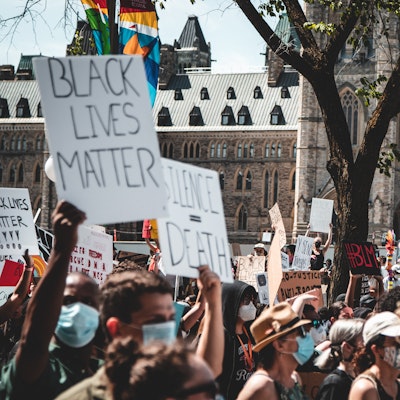
Believing in a bigger vision — to me, that’s the civil rights movement of the 1960s.
Show Notes
The civil rights movement has affected all Americans, whether they realize it or not. The opportunity for everyone to vote represents a major shift, but changes in education, housing and even sports reflect the strategic leadership of activists throughout American history. Civil rights experts and Stanford University professors Pamela Karlan and James Steyer discuss the history of civil rights movements in this country including racial equality, women's and LGBTQ rights and how those efforts inform the work that still needs to be done today.
As a 501(c)(3) nonprofit organization, the Aspen Institute is nonpartisan and does not endorse, support, or oppose political candidates or parties. Further, the views and opinions of our guests and speakers do not necessarily reflect those of the Aspen Institute.
Learn More
Additional Information
Explore
Related episodes


Across the United States, from rural areas to cities and suburbs, people have been hitting the streets to protest racism and police brutality.


A leading voice on antiracism, Ibram X. Kendi says countering racism is essential to the formation of a just and equitable society — so, how can we fight it?


The coronavirus crisis is impacting poor, low-income, and people of color disproportionately.






